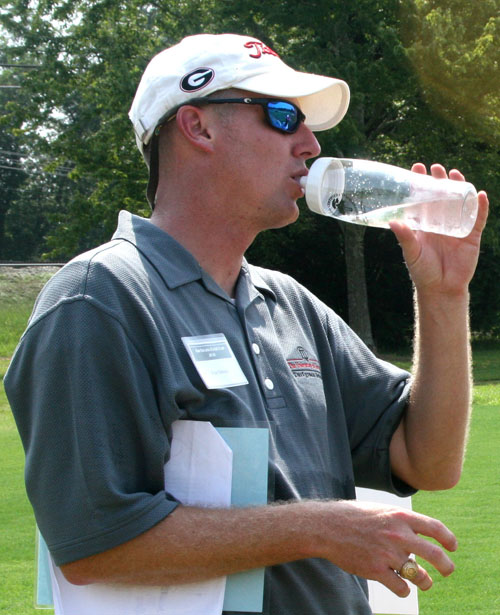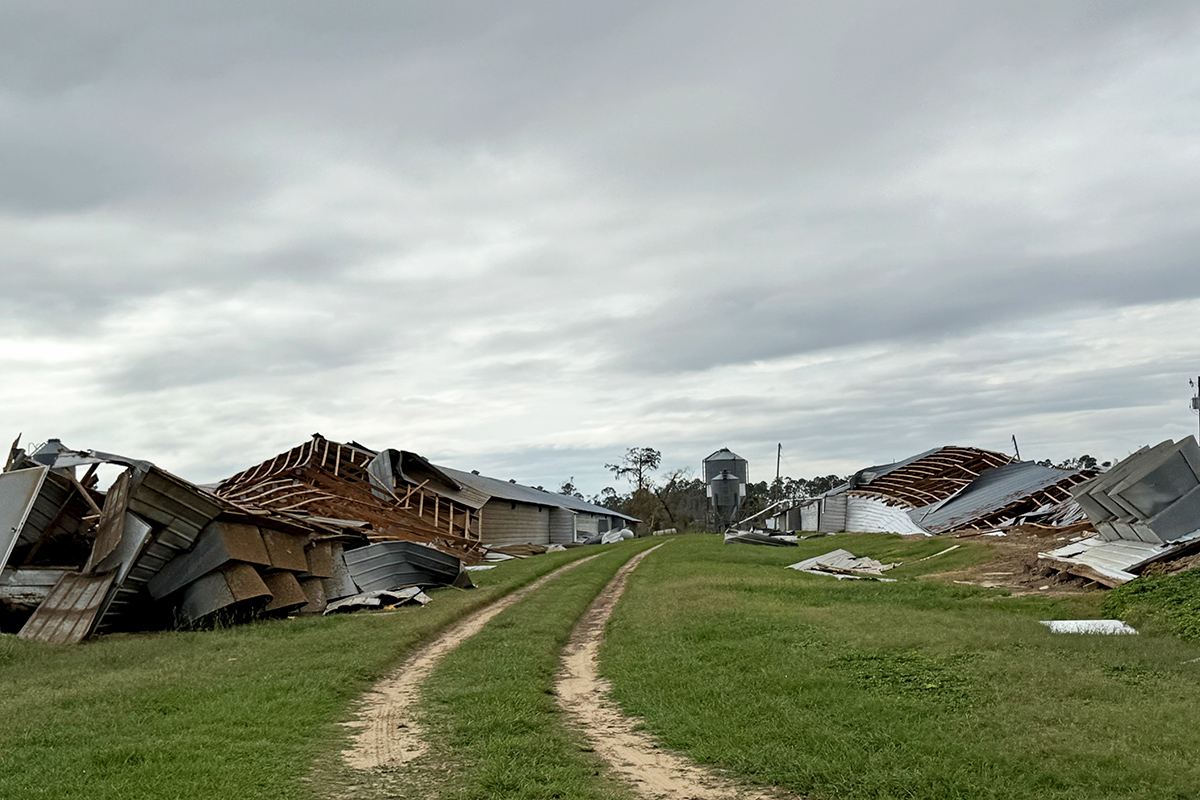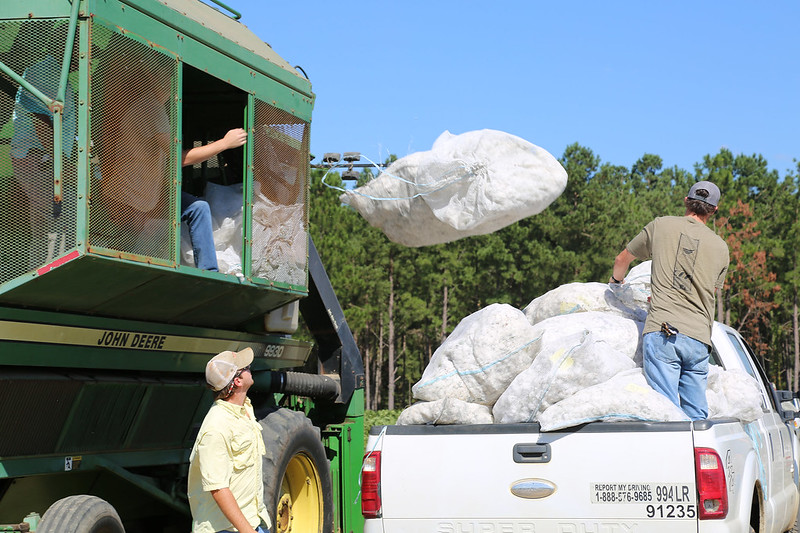Adam Miller of Dalton, Ga., gained five pounds over the weekend. By Tuesday, he had lost seven pounds. The college football player’s weight drastically fluctuates during the first weeks of intense, sweaty summertime practice.
“The first year practicing at this level during this time of year was tough. Now, I know my body better and what to watch for and when to go to the sidelines if I feel like I may be getting into trouble from the heat,” said Miller, 20, who plays for the University of Tennessee at Chattanooga.
High, hot, humid temperatures
In the midst of temperatures near the 100 degree mark, Georgians need to know how to recognize the signs of heat stress and stroke. Unlike Miller, they likely don’t have trainers and doctor near to help.
“In Georgia, summer can have periods of consecutive days with temperatures hovering around 100 degrees,” said David Stooksbury, the state’s climatologist with the University of Georgia. “Major heat-related health problems increase drastically on the third day of a heat wave.”
People and animals need time to recover from high temperatures. If the nighttime heat index doesn't fall below 74 degrees, it’s hard to recover from daytime heat, said Stooksbury, an assistant professor with the UGA College of Agricultural and Environmental Sciences.
Watch for warning signs
Heat exhaustion and heat stroke are the most common heat-related health problems.
Heat exhaustion occurs when a person is physically active in hot, humid weather. The person will first feel hot and lethargic. Other symptoms include dizziness, nausea, headache, chest pain, rapid heartbeat, cramps, excessive sweating, breathing problems and diarrhea.
If the person feels weak, dizzy or nauseous, has cramps or looks pale, get him into the shade or a cool building.
“The primary symptom of a heat stroke is that the person is very hot to the touch,” said Stooksbury. “The mental status of the person may be altered, too, and range from mildly confused to unconscious.”
The person’s skin may also be dry, but moist skin is no guarantee that the person isn’t having a heat stroke. Anyone exhibiting heat-stroke symptoms needs immediate medical attention and hospitalization, he said.
“A person having a heat stroke can mimic a person under the influence of alcohol or drugs,” Stooksbury said. “”He might have slurred speech or stumble around. These can also be signs of other medical problems, but if the person has been in the heat and is hot to the touch, assume that the person is in heat stroke and call 911.”
Call for help and cool victim down
After calling 911, immediately move the person to a cool place out of the sun and follow the 911 operator’s instructions.
To help cool the person, apply moist cloths or spray him with water, and, if possible, direct air from a fan or air conditioner over him. If the person can drink, give him water.
To avoid heat-related problems, remember to:
• Wear lightweight, loose clothing and a hat.
• Drink plenty of fluids, preferably water.
• Avoid drinking alcoholic or caffeinated beverages.
• Find a cool place to recover from the heat.
• Avoid working outdoors in the heat of the day if possible.
“Thirst is not a good indicator of your body’s water needs,” he said. “If you are working or playing in a hot environment and don’t have to urinate once every few hours, then you are probably not drinking enough water.”
Keep a check on the elderly
Stooksbury says heat-related health problems are especially a concern for the elderly, those with underlying health problems and those on medications that interfere with the body’s ability to cool.
“Make a concerted effort to check on your friends and relatives during heat waves,” he said. “Since the impact of heat is cumulative, check on the elderly a number of times during a heat wave. Consult an elderly person’s doctors about proper hot-weather precautions for them.”








